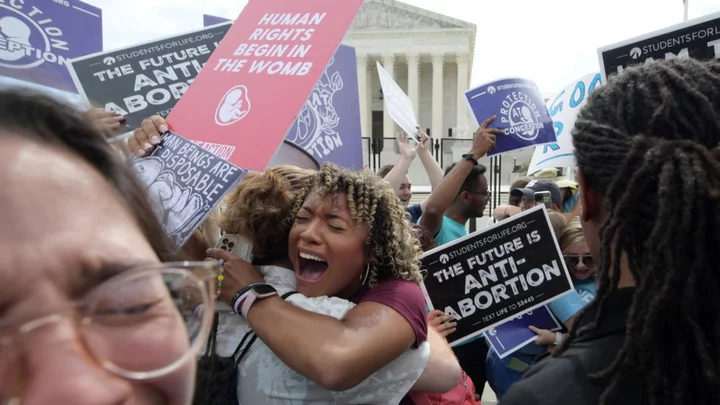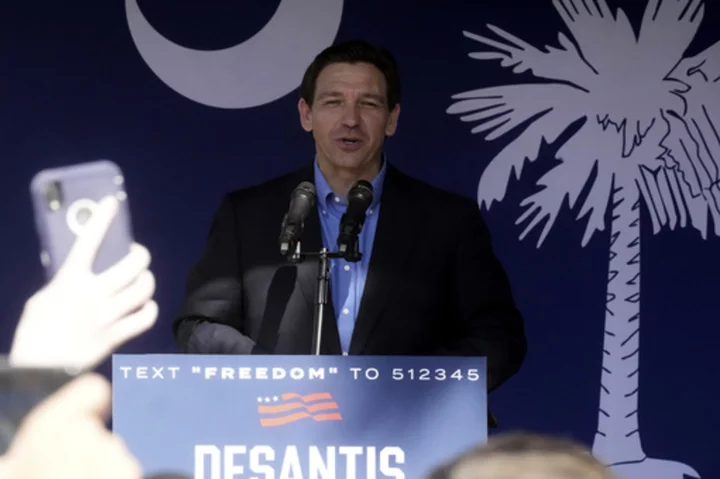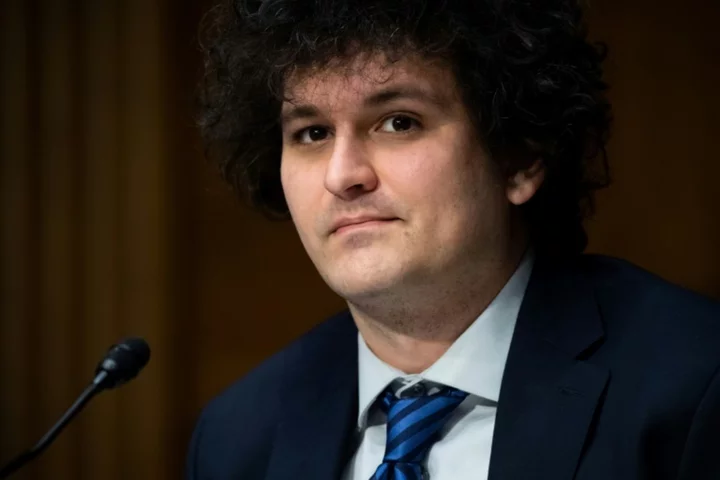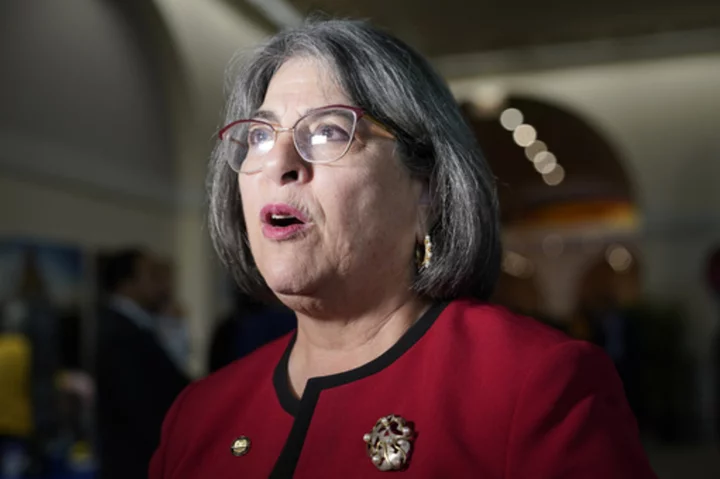Hundreds of years after a group of men and women were tried and convicted of witchcraft, Connecticut lawmakers have formally exonerated them for their "crimes."
The Senate approved the resolution Thursday, according to a news release from Sen. Saud Anwar, who introduced the bill. The resolution passed with a 33-1-2 vote, the release said.
Anwar's office said "the resolution seeks to bring relief to the descendants of those who were maligned and acknowledge that they were treated wrongly."
"We cannot go back in time and prevent the banishment, tarnishing or execution of the innocent women and men who were accused of witchcraft, but we can acknowledge the wronghoods they faced and the pain they felt, pain still recognized by their survivors today," said Anwar. "Today, the Senate took an important step to own our state's history and provide relief to the memories of the deceased and their descendants who still struggle with their ancestors' wrongful treatment."
The text of the resolution stipulates "the General Assembly recognizes that residents of colonial Connecticut were falsely accused of practicing witchcraft in the seventeenth century and that such persons were tried, convicted and sometimes sentenced to death for such offense, and declares that, although these accusations, prosecutions, trials and executions cannot be undone or changed, no disgrace or cause for distress should attach to the heirs of those persons."
The resolution passed the Connecticut House of Representatives May 10, according to Anwar's release. The resolution will now head to Gov. Ned Lamont's desk for his signature.
'Hartford witch panic' led to 34 charged with witchcraft
During the 17th century, witchcraft was a capital offense punishable by death in the colony of Connecticut, according to the Connecticut judiciary.
Alse (Alice) Young, a resident of Windsor, Connecticut, was the first person executed for witchcraft in America, the judiciary documents showed. She was hanged at the gallows in Hartford in May 1647.
The judiciary noted the panic over witchcraft in Hartford was smaller than the one in Salem, Massachusetts, but started four decades earlier. The last witchcraft trial in the state happened in 1697 and resulted in the charges against Wallingford residents Winifred Benham and her teen daughter being dismissed. Witchcraft continued to be listed as a capital crime until 1750.
The Connecticut Witch Trial Exoneration Project, a group of advocates and ancestors of those convicted, said in a statement a total of 34 victims were indicted on witchcraft charges in Connecticut during the 1600s. Eleven were hanged, according to the project.
The group, formed last year on the 376th anniversary of Young's hanging, said it was "ecstatic, pleased, and appreciative" for the resolution's passing.
It said the project "will continue to advocate for historical education and memorialization of the witch trial victims."
Efforts to officially exonerate Connecticut residents convicted of witchcraft date back to at least 2008, when Senate Joint Resolution No. 26 was introduced, according to the Connecticut judiciary. The resolution did not pass out of committee. Later calls for the governor to sign a proclamation exonerating the victims and for the Board of Pardons and Parole to issue posthumous pardons also failed, according to the judiciary.
Kimberly Black, a member of the Connecticut Witch Trial Exoneration Project whose 14th-generation great-grandmother Mary Sanford was hanged as a witch, testified in support of the resolution.
"This can send a message about the dangers of alienating people," Black said.
Charles Button, a professor of geography at Central Connecticut State University, also testified for the resolution.
He said "this resolution would bring peace and closure" to his own family, which includes both perpetrators and victims of the witch panic.









